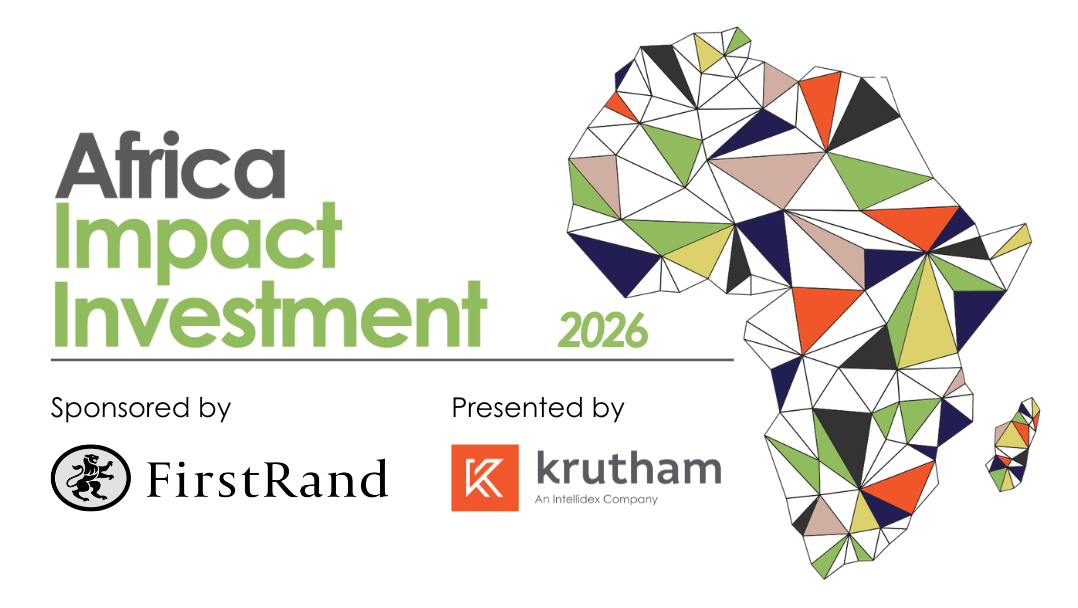Cherehani Africa
Awarded to businesses that aim to generate profit and have positive social or environmental impact, that are solving some of the continent’s most entrenched social or environmental problems.
Overview
Cherehani is a Kenyan social enterprise that delivers innovative, tailored financial solutions to rural women entrepreneurs who are often excluded from traditional financial systems. Recognising that
conventional, one-size-fits-all financing fails to meet the nuanced needs of women-led micro-enterprises, Cherehani has developed a human-centred model that blends technology with deep community engagement to provide accessible, relevant and impactful financial products.
The problem
Sub-Saharan Africa is the only region where more women than men become entrepreneurs, yet women still face a financing gap of over $42bn. One key reason is limited access to collateral, often due to discriminatory property laws. This gap is especially severe in rural areas, where loans for
women are seen as high-risk and are largely excluded from traditional banking. Despite the growth of digital financial services, low smartphone ownership among rural women has left many of them behind, further limiting their access to capital and financial tools.
An innovative solution
Cherehani’s financial products are designed to meet the specific needs of rural women entrepreneurs. These include working capital loans, school fee financing, dairy loans and water, sanitation & hygiene (WASH) loans for assets like water tanks. For instance, its water tank loans enable women to transition from reliance on rain-fed agriculture to more productive and reliable irrigation systems, while also improving access to clean water for domestic use.
The organisation leverages mobile-based technology to provide credit and distribute personalised financial literacy resources. Loans are delivered directly to clients’ doorsteps, but only to those with a fixed residence to reduce the risk of default. Repayments are made in equal instalments over 12 months via mobile money, a digital wallet system that enables fast, cashless transactions without requiring a bank account.
Delivering impact
To date, Cherehani has disbursed over 19,000 business loans, created 14,000 digital credit profiles to improve access to future credit and distributed more than 5,000 income generating assets. Over 20,000 women have received financial literacy and business training, enabling better income management and long-term financial planning. As a result, 84% of customers report increased income. The impact also extends to families, more than 52,000 children have benefited with women reinvesting their earnings into improved nutrition, education, housing and clothing for their children.
Managing risk
Cherehani’s human-centred approach isn’t just about empathy – it’s a strategic pillar of risk management. By embedding trust, familiarity and accountability into every step of the lending process, Cherehani effectively reduces default risk while deepening client engagement. The model combines rigorous credit practices with a strong community presence: each loan is preceded by a
thorough in-person assessment, supported by tech-enabled credit scoring and disbursed only to clients with fixed residences. Loans are graduated based on repayment history and backed by productive assets or non-traditional collateral, ensuring they are tied to tangible value creation.
The organisation also leverages peer accountability mechanisms such as group guarantees and community-based monitoring, which strengthen repayment behaviour and reduce moral hazard. Cherehani’s local staff – recruited from the same communities they serve – play a vital role in maintaining high levels of trust and responsiveness, enabling early detection of risks and timely intervention.
This model allows Cherehani to offer tailored products and rapid service delivery in even the most remote areas, building long-term customer loyalty while managing operational and credit risk in ways traditional lenders cannot.
Catalysing capital
Cherehani mobilises catalytic capital by using investor debt to unlock economic opportunities for underserved rural women. Cherehani borrows capital and lends it out to women entrepreneurs at sustainable interest rates. This model not only allows Cherehani to repay its investors and cover operational expenses, but also to reinvest surplus income into growth, extending its reach and its impact.
The organisation operates through board approved budgets and regular performance reviews, ensuring that resources are used effectively and risks are proactively managed. This approach has enabled it to accessfunding from a diverse group of impact driven investors, including the Open Value Foundation, KIVA, DALHAP, Shona Capital, Nostrum, Charlot, Untapped and Kenya Commercial Bank. Their support has been instrumental in enabling Cherehani to scale its lending operations and deliver meaningful, measurable outcomes, demonstrating how blended, mission-aligned capital can catalyse inclusive growth.
Scaling up
Cherehani’s model has been tested over seven years and is designed for scale in Kenya and similar regions. Its custom-built technology meets the practical needs of rural women entrepreneurs and supports efficient delivery of services. The system handles operations without relying on expensive external platforms and can be replicated in other geographies.
Share
This research report was issued by Krutham South Africa Pty Ltd.
Krutham aims to deliver impartial and objective assessments of securities, companies or other subjects. This document is issued for information purposes only and is not an offer to purchase or sell investments or related financial instruments. Individuals should undertake their own analysis and/or seek professional advice based on their specific needs before purchasing or selling investments.
The information contained in this report is based on sources that Krutham believes to be reliable, but Krutham makes no representations or warranties regarding the completeness, accuracy or reliability of any information, facts, estimates, forecasts or opinions contained in this document. The information and opinions could change at any time without prior notice. Krutham is under no obligation to inform any recipient of this document of any such changes.
No part of this report should be considered as a credit rating or ratings product, nor as ratings advice.
Krutham does not provide ratings on any sovereign or corporate entity for any client.
Krutham, its directors, officers, staff, agents or associates shall have no liability for any loss or damage of any nature arising from the use of this document.
Disclosure
The opinions or recommendations contained in this report represent the true views of the analyst(s) responsible for preparing the report. The analyst’s remuneration is not affected by the opinions or recommendations contained in this report, although his/her remuneration may be affected by the overall quality of their research, feedback from clients and the financial performance of Krutham group entities.
Krutham staff may hold positions in financial instruments or derivatives thereof which are discussed in this document. Trades by staff are subject to Krutham’s code of conduct which can be obtained by emailing mail@krutham.com.
Krutham may have, or be seeking to have, a consulting or other professional relationship with the companies, sovereigns or individuals mentioned in this report. A copy of Krutham’s conflicts of interest policy is available on request by emailing mail@krutham.com. Relevant specific conflicts of interest will be listed here if they exist.
- Krutham provides independent advice and independent research to a wide range of investors and financial institutions on Eskom, Denel, Transnet, Land Bank and SAA. Krutham’s interactions with all clients on Eskom, Denel, Transnet, Land Bank and SAA may include business confidential information but does not include MNPI and so does not provide a conflict. Krutham does not ‘act’ or ‘advocate’ for or ‘represent’ any of these clients. Krutham has regular interactions with government, Eskom, Denel, Transnet, Land Bank, SAA and other related entities connected with the SOE situation but does not provide paid consulting services or paid advice to any of these entities. These interactions are governed by Krutham’s own conflicts of interest policy as well as secrecy rules of the respective institutions or state-owned companies.
- Krutham provides a range of services into ‘organised business’ groupings in South Africa, which includes independent bespoke research and advice. Krutham is compensated for these services. Krutham does not ‘act for’ or ‘advocate’ for or ‘represent’ any of these clients.
- Krutham is currently involved in policy design work on a number of government priorities.
Copyright © 2023. All rights reserved. This document is copyrighted to Krutham South Africa Pty Ltd.
This report is only intended for the direct recipient of this report from a Krutham group company employee and may not be distributed in any form without prior permission. Prior written permission must be obtained before using the content of this report in other forms including for media, commercial or non-commercial benefit.

